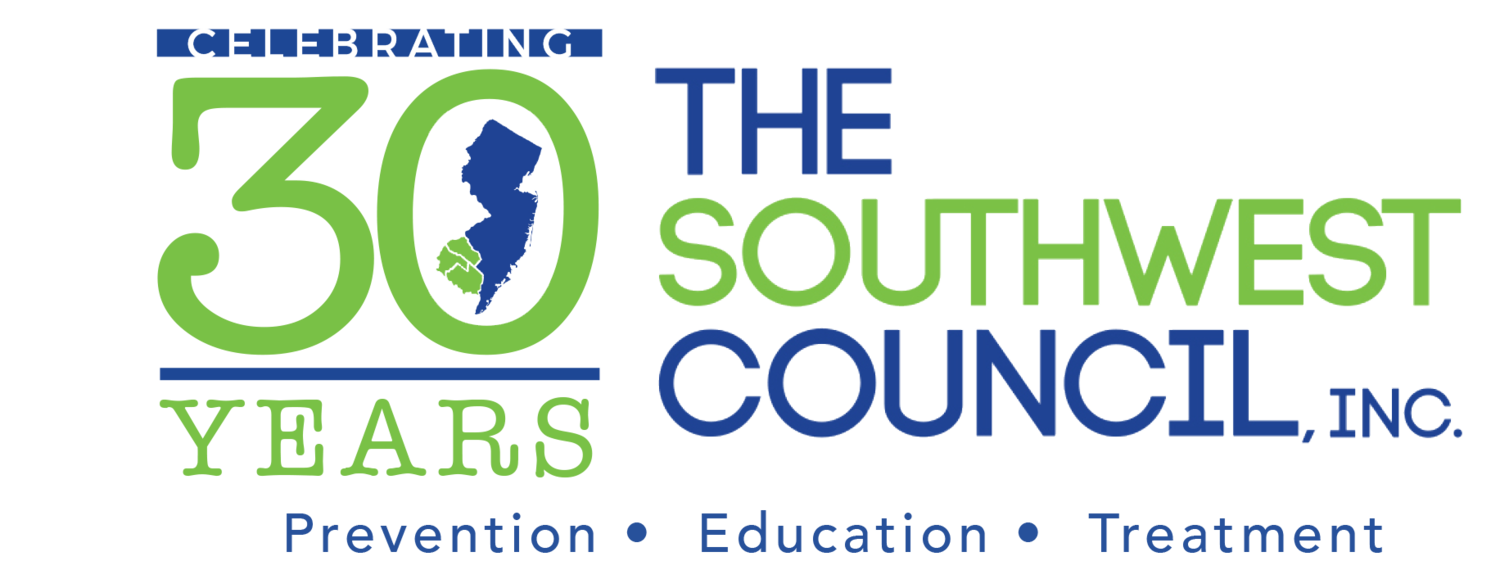by: Adrienne Davis
Have you ever had one of those embarrassing nightmares? One where someone is reading your personal journal out loud for everyone to hear? How about the one where you give a speech to a crowd in just your under clothes? We have all experienced it at one point or another; the fear of being exposed or shamed. While the fear of being exposed is a nightmare for some, it can be a reality for others. Most people lead ordinary lives with few dark secrets. Some of us can hide our secrets and fears away, but not everyone is that fortunate. Those suffering with addiction are saddled with a public stigma that can further alienate them from society.
Stigma is a shameful mark or negative belief against a person, a group of people, or a topic. As a society we have seen the horrors that can come with addiction. It can lead to the deterioration of an individual’s physical health, mental health, home, family, friendships, employment, and even dignity. Instead of viewing this disease as the health crisis that it is, some aspects of society have chosen to shun those with addiction. A study completed by Johns Hopkins found that 78% of Americans believe people who are addicted to prescription opioids are to blame for their own problems. With this type of thinking, people tend to develop a ‘it’s not me, it’s you’ mentality which seemingly distances them from the issue. It could lead to people not wanting to work with, socialize, or live near someone who is addicted.
“According to the National Survey on Drug Use and Health (NSDUH), 19.7 million American adults (aged 12 and older) battled a substance use disorder in 2017.” (AAC 2020) Such a widespread disorder does not discriminate based on race, age, income, or education level. An issue such as this effects many individuals, families, and communities. Stigma does not just negatively affect the addicted individual. It can decrease the likelihood that they will seek help. If a person experiencing addiction is made to feel as though they are a negative outlier of society, they can internalize this idea. The internalization could lead to depression or further use of substances to cope.
Stigmatization is a very real phenomenon. However, there are ways of combatting the prejudice and harshness of stigma. Removing the stigma of addiction does not mean the relinquishing of accountability for either the addicted person or society. Attempting to eliminate stigma opens a dialogue that could lead to treatment and prevention. Adjusting our language to extinguish words like “junkie” or “crackhead,” humanizing an individual with addiction, identifying and supporting resources for treatment, and recognizing the underlying causes of addiction are all key components in eradicating the stigma of addiction.
There are resources for people struggling with addiction themselves, or a family member’s addiction such as Alcoholics Anonymous (AA), Narcotics Anonymous (NA), Al-Anon, or the Southwest Council. 856-794-1011 or https://www.southwestcouncil.org/
Sources
https://www.who.int/whr/2001/chapter1/en/index3.html
https://americanhealth.jhu.edu/article/guiding-principles-addressing-stigma-opioid-addiction
https://drugabuse.com/addiction/stigma/





